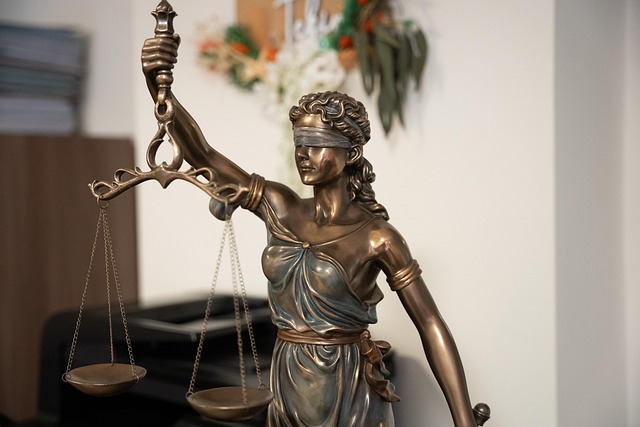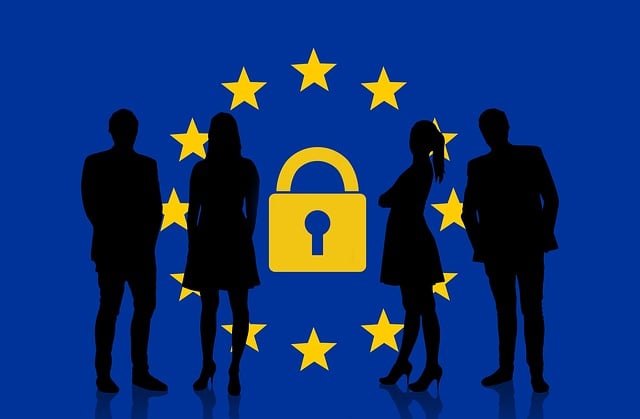Environmental Crime Trials rely on Prosecutor Strategies in Plea Bargaining Process to hold polluters accountable. Innovating tactics balance justice with restitution, deterring future ecological offenses. Strategic methods lead to high conviction rates, signaling zero-tolerance for economic crimes against nature from both philanthropic and political spheres. Plea bargaining streamlines justice, encourages business insights, and ensures comprehensive accountability while mitigating penalties.
Environmental Crime Trials expose polluters and hold them accountable under strict legal frameworks. This article delves into the intricate world of these trials, focusing on key components like understanding the legal framework governing them, the prosecutor’s vital role in building compelling cases against environmental offenders, and plea bargaining tactics that balance justice with accountability. Discover effective prosecutor strategies in the plea bargaining process to ensure responsible environmental practices.
- Understanding Environmental Crime Trials: A Legal Framework
- Prosecutor's Role: Building a Solid Case Against Polluters
- Plea Bargaining Tactics: Strategies for Justice and Accountability
Understanding Environmental Crime Trials: A Legal Framework
Environmental Crime Trials represent a specialized legal domain where prosecutors navigate complex cases involving ecological damage and illegal activities that harm the environment. This evolving field demands a comprehensive understanding of the intricate relationships between environmental regulations, corporate practices, and their potential violations. The Prosecutor Strategies in Plea Bargaining Process play a pivotal role in these trials, shaping the course of justice.
In recent years, as environmental crimes have gained significant public attention across the country, prosecutors have adopted innovative approaches during plea bargaining negotiations. These strategies not only ensure that the respective business entities are held accountable for their actions but also send a powerful message to potential offenders within the philanthropic and political communities. By carefully considering the impact of the crime, the prosecutor’s ability to secure substantial environmental restitution, and the cooperation shown by defendants, these trials aim to foster a culture of ecological responsibility and deter future infractions.
Prosecutor's Role: Building a Solid Case Against Polluters
In Environmental Crime Trials, prosecutors play a pivotal role in holding polluters accountable. Their strategies extend beyond mere presentation of scientific evidence; they must navigate complex legal landscapes and leverage innovative Prosecutor Strategies in Plea Bargaining Process. This involves carefully constructing cases that not only prove environmental harm but also highlight the criminal intent behind such actions. By examining company records, expert testimony, and community impact statements, prosecutors build a compelling narrative outlining the negligence or deliberate actions of polluters.
Unprecedented track records in securing convictions are often attributed to these strategic approaches. The ability to expose corporate misconduct and its environmental consequences resonates with both the philanthropic and political communities. Effective prosecution not only deters future violations but also sends a powerful message that white collar and economic crimes against nature will not be tolerated.
Plea Bargaining Tactics: Strategies for Justice and Accountability
In environmental crime trials, plea bargaining plays a significant role in achieving justice and accountability. Prosecutors employ various strategies during the plea bargaining process to ensure that defendants acknowledge their guilt and face suitable consequences. These tactics are crucial in cases involving complex environmental regulations and substantial financial implications. By negotiating plea agreements, prosecutors can secure admissions of guilt, reduce the scope of trials, and allocate resources more efficiently for other cases.
One of the key prosecutor strategies involves offering reduced sentences or charges in exchange for truthful admissions and cooperation. This approach not only speeds up the judicial process but also encourages defendants to provide insights into potential violations within their respective businesses. While white-collar defense attorneys may attempt to avoid indictment through aggressive negotiations, successful plea bargaining requires a balance between mitigating penalties and ensuring comprehensive accountability for environmental crimes.
Environmental crime trials play a crucial role in holding polluters accountable and ensuring justice. By understanding the legal framework, effectively utilizing prosecutor strategies in the plea bargaining process, and employing robust evidence collection, we can navigate the complexities of these cases. These tactics foster accountability, promote environmental stewardship, and ultimately contribute to a more sustainable future for all.






